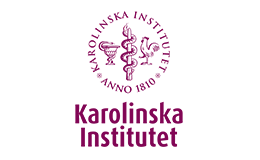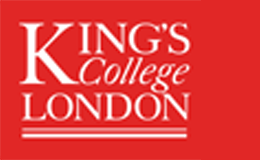What are the requirements to study in Germany?
Requirements to study in Germany for Indian & International students

Study in Germany Requirements for International Students
- Germany is the most desirable non-English speaking country for international students for higher education. Along with other European countries, Germany has been promoting abroad education for students by keeping minimum criteria.
- There are several factors on which your application is measured. The admission authorities sometimes look beyond your GPA, GRE, or GMAT scores. However, these remain the primary gauging factors especially, when you are aiming for the best universities.
- The education policy in Germany is flexible and comes with many programs and requirements open even for students with decent but not great scores. Through this, Germany has always produced great professionals without depreciating the quality of students.
- So, do not worry about your average scores. Instead, showcase your talents and interests in the course you aspire to study. Display your achievements, how you develop liking towards the chosen program, experiences that highlighted your skills, etc through your SOPs and application.
As an average student you must fulfill the minimum requirements essential for admissions.
Now, let us check the general requirements for studying in Germany: -
Following are the requirements to study in Germany :
The Admission Process
Students applying for an undergraduate course in Germany have to go through a one – year bridge program. This is required for completing 13 years of schooling that is essential in Germany compared to 12 years (in India). For admissions, you have to go through the university websites where you will find all the details of the admission process. You have to make an account on the official website of the universities you choose and then fill up the required information along with scanned documents and apply them by paying application fees. Further details about the admission process will be informed to you through this account.
Following are the steps to follow for applying for admissions in Germany: -
1. Research for colleges and universities for your desired course/subject.
2. Narrow down your options and contact or visit their official websites for detailed information.
3. Check eligibility from the details of respective universities
4. Take the required entrance exams like GRE/GMAT
5. Take the required language tests – TestDaF or DSH for German Language assessment and TOEFL/ IELTS for English proficiency.
6. Apply to the chosen shortlisted universities
7. If shortlisted, you might have to give an interview.
8. If your application is accepted, initiate the visa procedure.
Following are the exams required for German Universities:
- GRE is required for some German universities.
-GMAT – Almost all business schools in Germany demand scores of the GMAT entrance test during admissions.
German Language Assessment tests: -
International students have to take these tests as most of the programs are in German.
-TestDaF – Test of German as a Foreign Language
-DSH – German Language University Entrance Examination
English Language proficiency tests accepted in Germany: -
Some programs are taught partially in English. For this, you will have to provide proof of English proficiency.
- TOEFL IBT
- IELTS Academic
- PTE Academic
The scores of these exams are crucial during the acceptance of your admission application, so you must start preparing and registering for these tests. Also, scoring high in these exams might help you with getting scholarships.
How much finance is required to study in Germany?
Arranging finances is a challenging step for students and their families. Because in a new country, you will need money right from the accommodation, food, and everything that comes in your basic amenities. However, tuition costs in Germany give a sigh of relief to international applicants. But, please be aware that only public universities in Germany are free of tuition costs. In most public universities in Germany, you have to pay an administration fee of costs in the range of $120 - $415 / semester. Tuition fees at private universities for bachelor's degrees are $31,000 / year and for master's degrees are $48,000. The average costs of living in big cities like Berlin, Frankfurt, or Dusseldorf are in the range of $1100 - $1750/month. While the average cost of living in smaller cities like Freiburg, Leipzig, or Hannover is in the range of $890 - $1300/month. Other costs like student visa charges, application fees, health insurance, standardized test fees, and travel costs can vary depending on various factors.
What are the documents required to study in Germany?
A general list of documents while planning for studying must include the following:-
- Online Application form: -
The form can be obtained from the official website of the selected universities. This form includes academic information and a summary of your previous educational courses and personal information.
- Academic Transcripts: -
Transcripts include details of your educational background, your mark sheets, achievements, etc. You can get these from your previous school/college on request.
- Academic Resume: -
Some universities may demand a professional resume showing your personal, academic, and work details.
- Letters of Recommendation (LOR): -
Generally, 2 or 3 letters are required to submit before the deadline prescribed by the university. These may include your academic strengths, hidden potentials, teamwork, and technical skills, etc that are to be filled by your professors or employer/managers.
- Statement of purpose (SOP): -
Your statement of purpose should represent your interest, reasons for joining the course specifically, future academic goals, Scientific and research interests, and motivations for further studies.
- Standardized tests: -
GRE and GMAT score reports have to be attached along with the application (if applicable). German language tests like TestDaF or DSH are required for a German-taught program. English Proficiency tests like TOEFL, IELTS, and PTE are required for applicants whose native language is not English and who do not have a bachelor’s degree from a US university where English is the fundamental language of instruction.
Other certificates or achievements: - You can also include certificates of achievements and work experience (if any).
- Health Insurance: -
Health insurance is essential for an international student in Germany. It is also advised as safety for students by the German government.
- Proof of funds: -
You may also be required to present receipts of available funds or bank statements to authorities to make sure you can take care of the living and tuition costs.
- Passport: -
You must have a copy of your passport ready before applying for abroad studies.
Note: - All the photocopies of the documents (Mark sheets, scorecards, etc) attached by you should be attested copies.
If you wish to study abroad, please connect with Whizstorm for the best international career plans.
























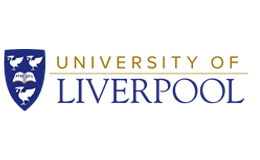

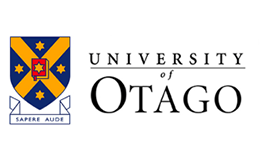

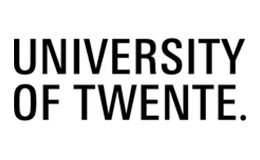








.png)


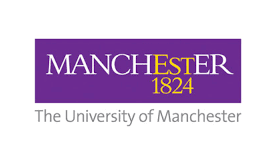






.png)




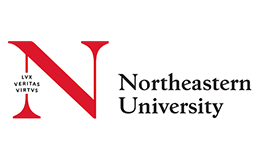
















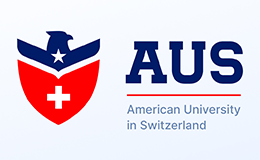


.png)










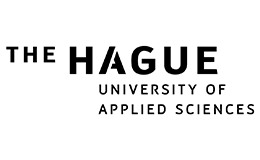




.png)

